Immediately after the ASEAN-Australia Summit and the East Asia Summit in Jakarta, Australian Prime Minister Anthony Albanese traveled to Manila for talks with Philippine President Ferdinand Romualdez Marcos Jr.
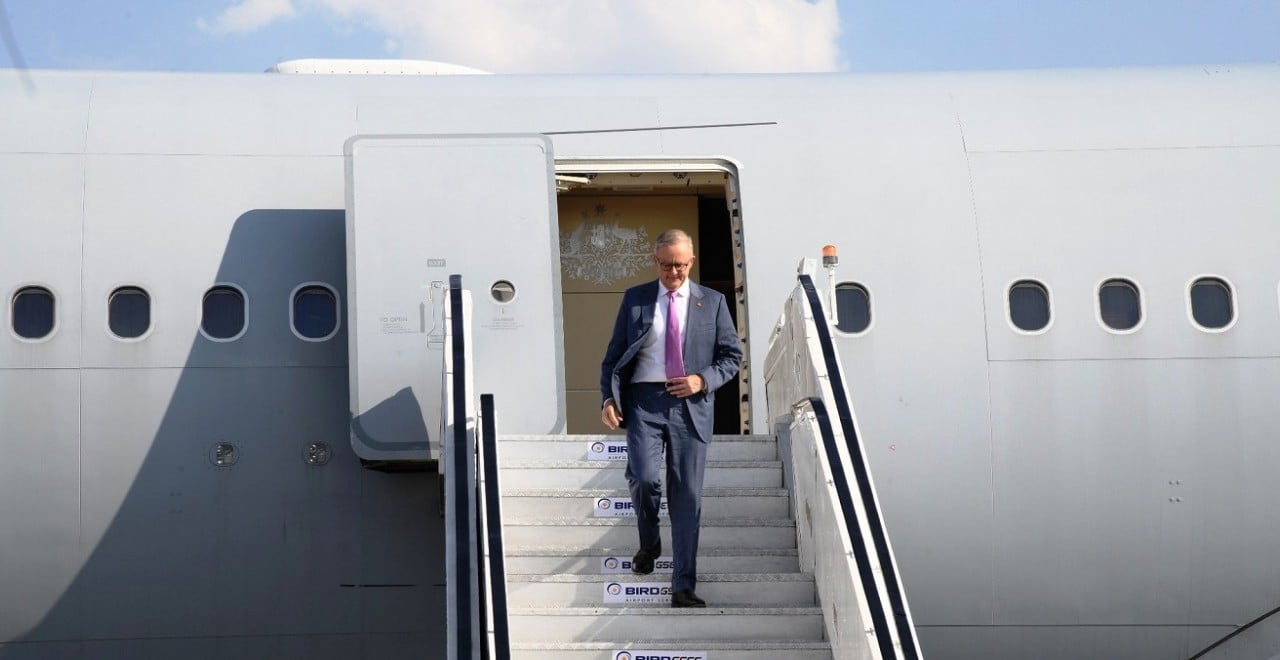 |
| Australian Prime Minister Anthony Albanese begins his visit to the Philippines today, September 8. (Source: EPA) |
It has been 20 years since an Australian Prime Minister visited the Philippines, but that does not mean Canberra-Manila relations are lacking. On the contrary, the two neighbors have enjoyed close ties for the past 77 years.
Looking back at history, during World War II, the Australian military fought alongside the Filipinos against the Japanese fascists. The sacrifices of Australian soldiers helped the Philippines escape from foreign invasion.
After a period of silence, in 2015, during the visit of then Australian Prime Minister Malcolm Turnbull, Canberra and Manila signed a Joint Declaration on Comprehensive Partnership, opening a period of strong development between the two countries.
While Australia and the Philippines have a comprehensive partnership, security is a key area of cooperation. In 2007, the two countries made a breakthrough when they signed the Status of Visiting Forces Agreement (SOVFA), which allowed Australian military forces to participate in exercises on Philippine soil.
Sharing common emerging security challenges in the region, especially from maritime issues, has brought Canberra and Manila closer together. Defense cooperation has grown by leaps and bounds, with the two countries regularly holding large-scale joint military exercises.
During his visit to the Philippines, Mr. Anthony Albanese continued to affirm the security partnership. In addition, he promoted trade and investment relations, which are currently quite stagnant. Compared to Japan and China, Australia is quite limited in developing infrastructure projects in the Philippines.
However, past experience from security and defense relations is the basis for Australia and the Philippines to diversify areas of cooperation, aiming to elevate the relationship to a strategic partnership.
Source








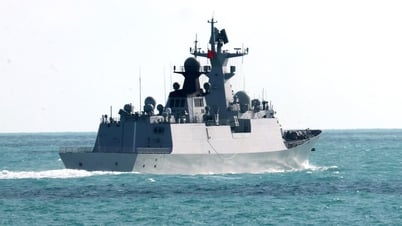







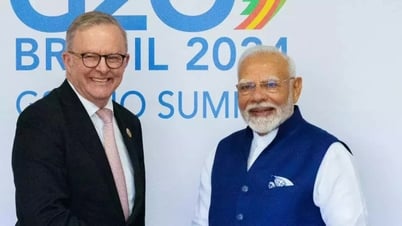
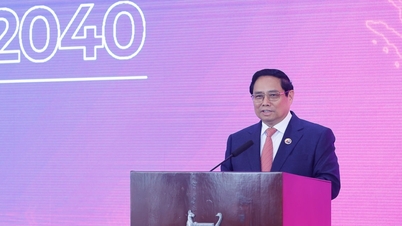



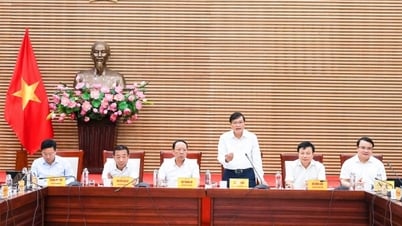
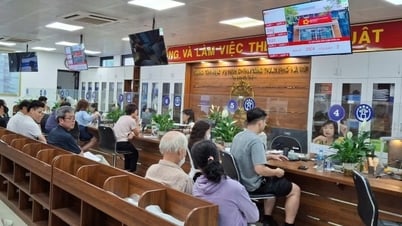
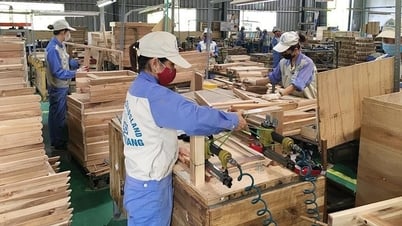
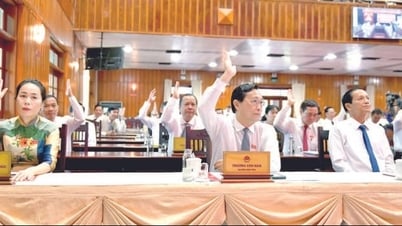
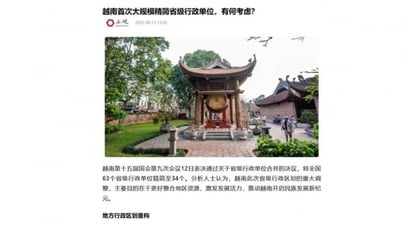






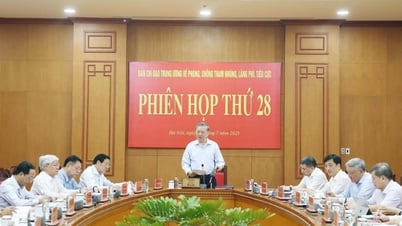
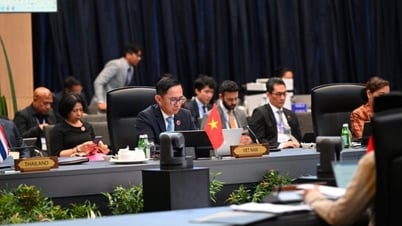
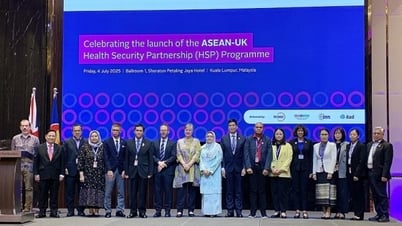
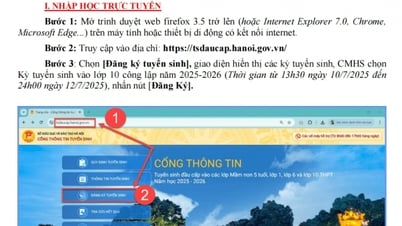





















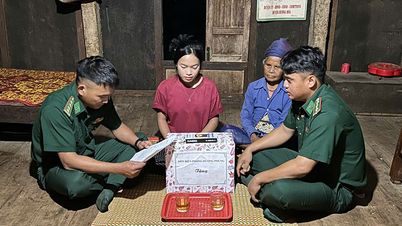







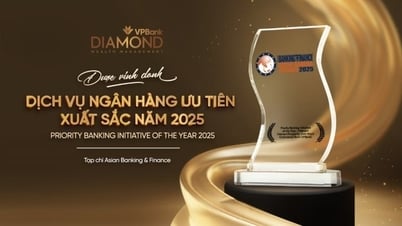


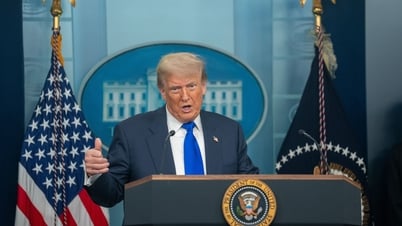

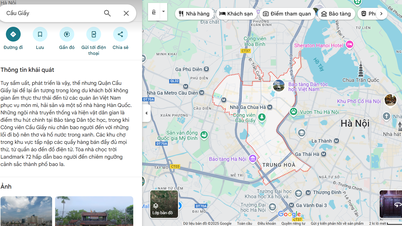






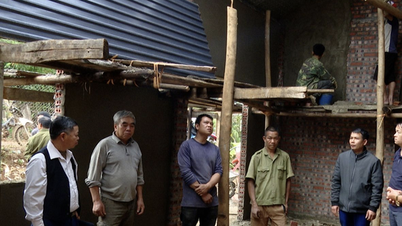
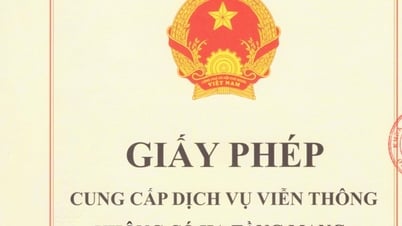


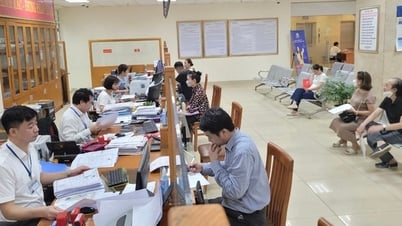


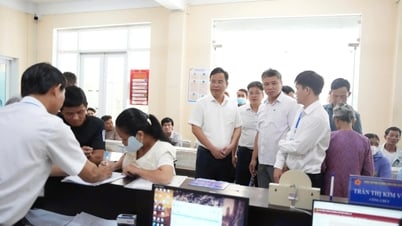



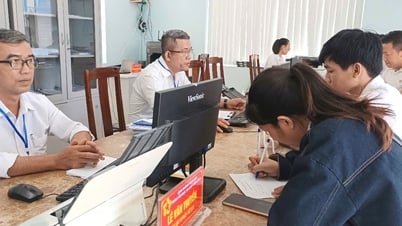
















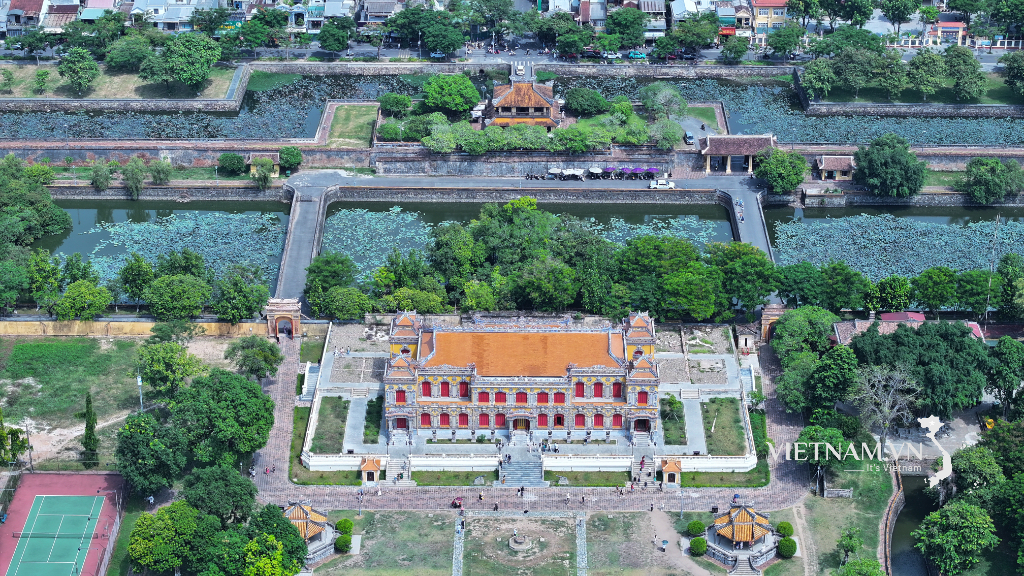

Comment (0)